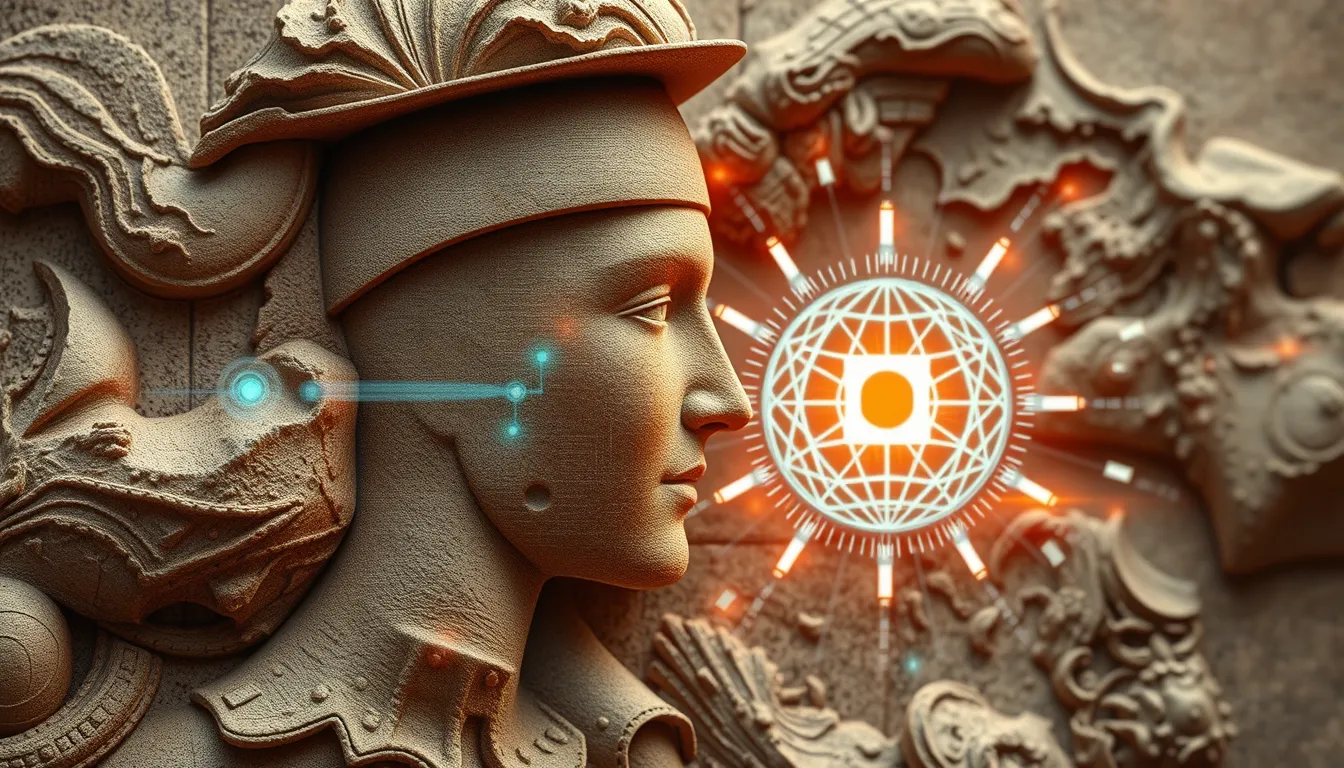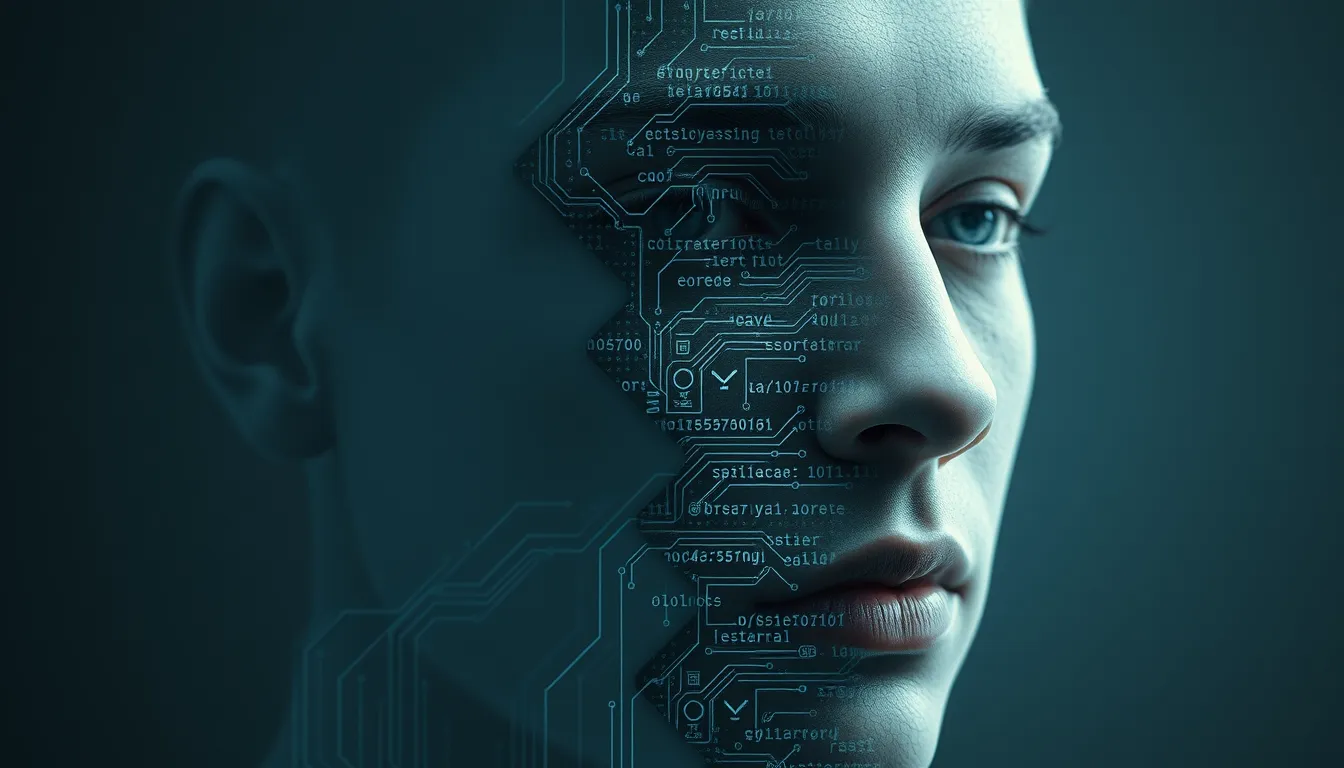Now Reading: AI in Political Campaigns: Transforming Election Strategies
-
01
AI in Political Campaigns: Transforming Election Strategies
AI in Political Campaigns: Transforming Election Strategies

AI in Political Campaigns: Transforming Election Strategies
In today’s fast-paced political environment, embracing advanced technology is no longer optional—it is essential. One area that has dramatically reshaped modern electoral tactics is the use of artificial intelligence (AI) in political campaigns. Innovations in campaign data analytics and digital campaign strategy are redefining how political messages are created, delivered, and refined in real time.
The Role of AI in Modern Political Campaigns
The integration of AI in political campaigns has ushered in a new era where precision and personalization are paramount. Political strategists, especially within the Democratic Party, are harnessing AI tools for political campaigning to drive informed decision-making. By analyzing voter data and optimizing messaging, AI in political campaigns is not only streamlining processes but also enabling campaigns to predict and adapt to voter behavior. This digital transformation leverages campaign data analytics, allowing teams to simulate electoral scenarios and craft precise digital campaign strategies.
The transition from traditional methods to technology-driven approaches reflects an understanding that data today is just as important as policy. AI-powered tools analyze vast troves of voter data, ensuring that every outreach effort is backed by solid evidence and real-time insights. As a result, political campaigns can now adjust their strategies on the fly, ensuring that message delivery is both timely and relevant.
Enhancing Strategy with AI and Data Analytics
In a constantly evolving digital landscape, using AI to predict election outcomes has become an inherent part of innovative campaign strategies. Machine learning in voter targeting is gaining traction as teams seek to understand nuanced shifts in public sentiment. For instance, algorithms can mine social media trends, track voter sentiment, and even forecast changes in opinion during critical campaign periods.
Key advantages of adopting AI in political campaigns include:
- Enhanced voter data analysis and micro-targeting
- Real-time monitoring of public sentiment via social platforms
- Improved allocation of campaign resources based on predictive models
- Dynamic adjustments to strategies as new data becomes available
AI Tools for Political Campaigning and Predicting Election Outcomes
One of the most talked-about applications is the use of AI tools for political campaigning that facilitates in-depth voter data analysis. As political teams delve into campaign data analytics, they utilize machine learning algorithms to gauge which messages resonate best with different demographics. This approach is especially useful for disciplines like voter targeting and digital campaign strategy, where personalizing communication can mean the difference between winning and losing an election.
A smart AI system can continuously update its models based on new inputs, helping to predict election outcomes more reliably. This dynamism is crucial in today’s volatile political scenarios, where public opinion can shift rapidly. As a result, traditional campaign methods are being steadily replaced by strategies that are more agile and data-driven.
Ethical Challenges and Transparency in AI-Driven Campaigns
Despite its immense potential, the use of AI in political campaigns also raises important ethical questions. Critics point out that reliance on algorithms may inadvertently reinforce biases or risk voter privacy. Therefore, it is vital to address the ethical challenges of AI in politics through transparent practices and well-defined regulations.
To maintain public trust and ensure political fairness, campaigns must focus on:
- Implementing strict data privacy measures
- Regularly auditing AI algorithms for bias
- Promoting transparency in how voter data is utilized
The balance between leveraging AI for digital campaign strategy and safeguarding democratic values is delicate. As the debate continues, political teams are urged to adopt best practices that uphold both innovation and ethical integrity. Referencing established sources such as the insightful articles on Wired can offer guidance on navigating these challenges.
The Future of AI in Political Campaigns
The role of AI in political campaigns is set to expand as technology becomes even more ingrained in our daily political interactions. Beyond refining messaging and optimizing resource allocation, AI is expected to enhance overall campaign transparency. This increased openness will likely foster greater trust among voters by linking campaign performance data to tangible outcomes. Moreover, as parties continuously innovate, techniques like using AI to predict election outcomes will serve as a cornerstone for competitive strategies in future electoral cycles.
Embracing technological change means that political entities can now create more responsive, efficient, and effective outreach programs. The merging of traditional political engagement with modern AI-driven methods heralds a future where every vote is influenced by algorithms that understand and react to the diverse needs of the electorate.
Conclusion
AI in political campaigns represents a transformational shift in electoral strategy—melding data analytics, machine learning in voter targeting, and digital campaign strategy into a unified approach to modern politics. As political groups, particularly within the Democratic Party, adopt these advanced technologies, campaigns become more predictive, personalized, and transparent. This evolution not only enhances the effectiveness of messaging but also ensures that ethical considerations remain at the forefront of innovation.
As we look ahead, the continued integration of AI will undoubtedly redefine the boundaries of political campaigns, delivering smarter strategies and more engaged electorates. Embracing these advanced tools is key to winning future elections in an increasingly digital world.

























